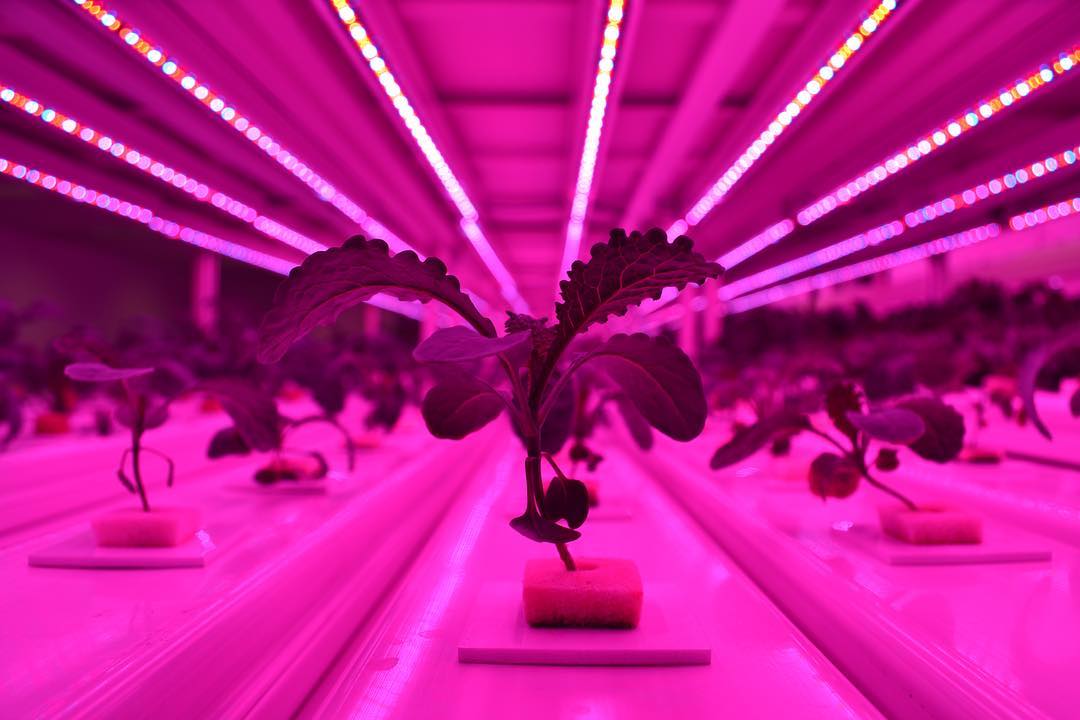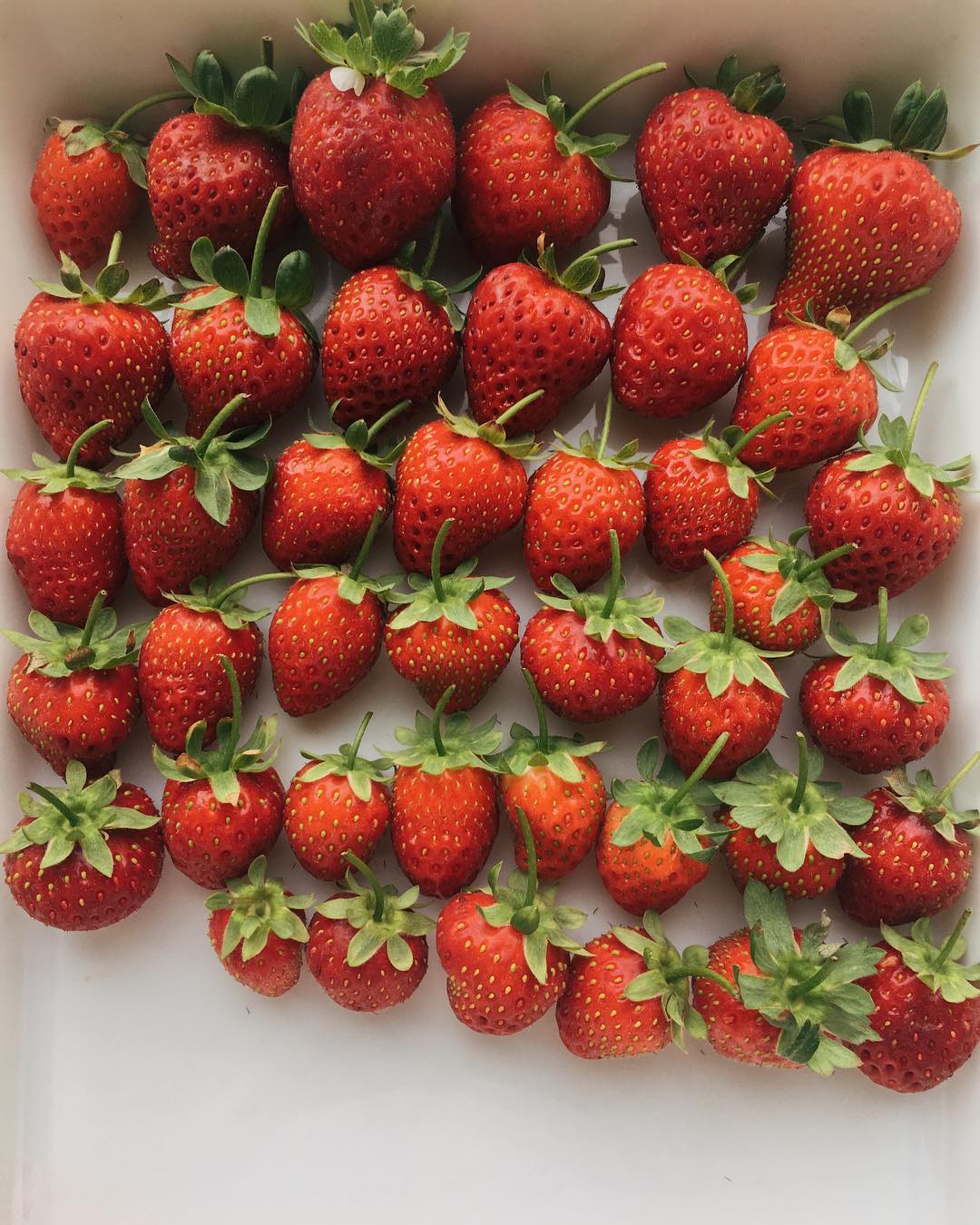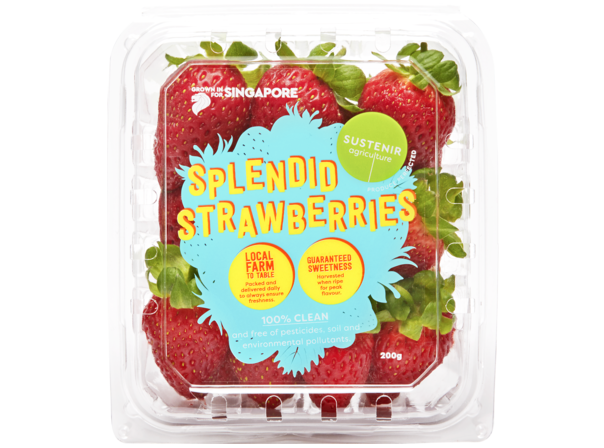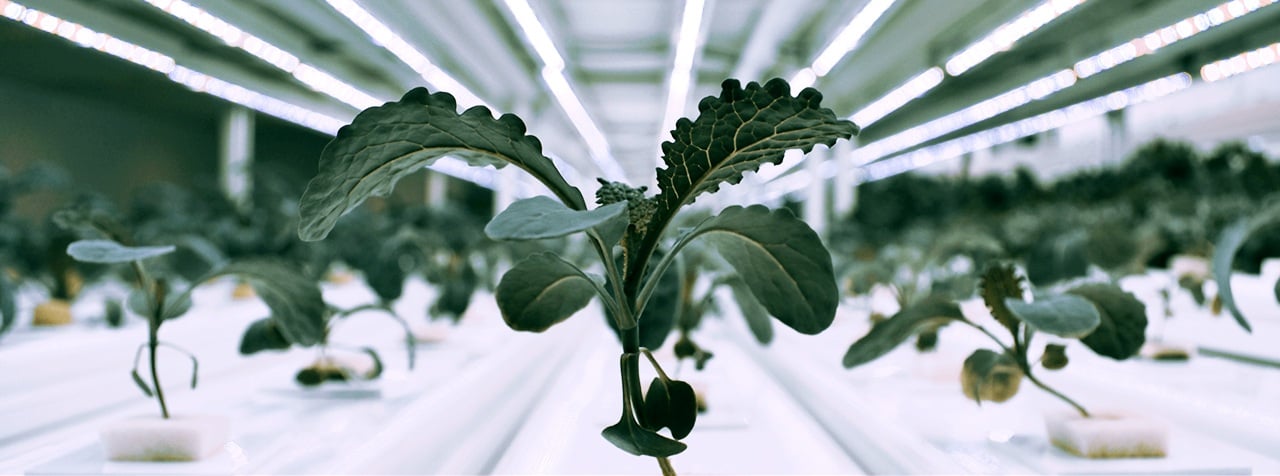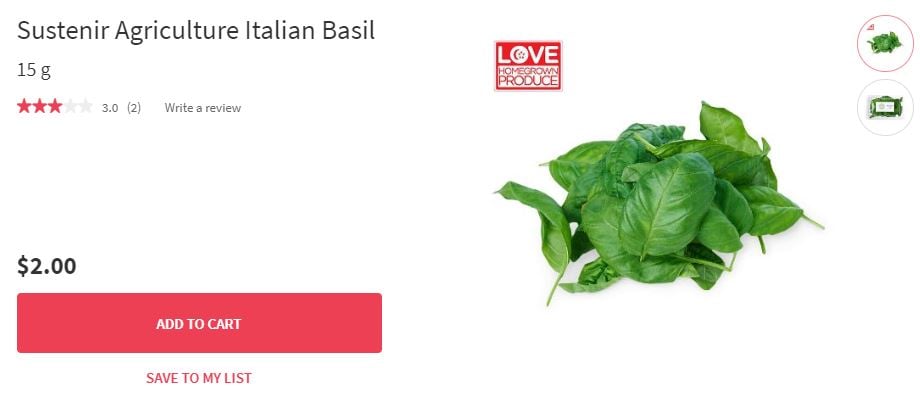Local Strawberries, Kale & Italian Basil Grown Throughout The Year With Hydroponics Technology
Are you always pining for strawberry season, when half-priced punnets hit NTUC?
Well, you don’t have to wait any longer.
A local hydroponics firm named Sustenir Agriculture has managed to grow strawberries on home soil, albeit in a controlled environment.
Splendid strawberries
Step aside Korean and American strawberries, and make way for your Singaporean cousins.
In hot and humid Singapore, it’s practically a miracle that a local farm managed to cultivate these juicy non-native fruits.
How did they do it?
Through the help of technology in a “controlled hydroponics environment”.
Sustenir Agriculture says they enhance “flavour profiles” of the fruits and vegetables, through adjusting the nutrients running through water fed to the plants.
The endeavour took two months to realise for strawberries, and another six more months of trial and error to fine-tune the best strawberry cultivation techniques.
Plants are grown in ‘concrete urban jungles’ as they’re stacked and housed in planters to maximise space.
The suspense is kale-ing us
Before strawberries came along, Sustenir Agriculture focused their efforts on breeding kale.
Two kinds of kale, to be exact:
- Toscano Black Kale
- ‘Kinky Green’ Curly Kale
Kale’s well-known for being a superfood that is offers more iron per gram than beef.
A timeless staple in salads, the versatile vegetable can be made into omelettes, crisps and stew.
Now, you can try out Jamie Oliver’s killer kale recipes with local kale too.
Italian basil at your doorstep
A common basil grown in Singapore is the Thai-variant, but now you can get fresh Italian basil delivered straight to your home.
At a retail price of $2 for 15 grams on Red Mart, we think that’s not a bad deal at all.
The wonders of green technology
We’re glad that some of us are still hard at work in high-tech farms, striving to create sustainable means to cultivate temperate fruits and vegetables.
In land-scarce Singapore, this will undoubtedly sow the seeds for generations to come.
Featured image from Sustenir Agriculture and Sustenir Agriculture.

